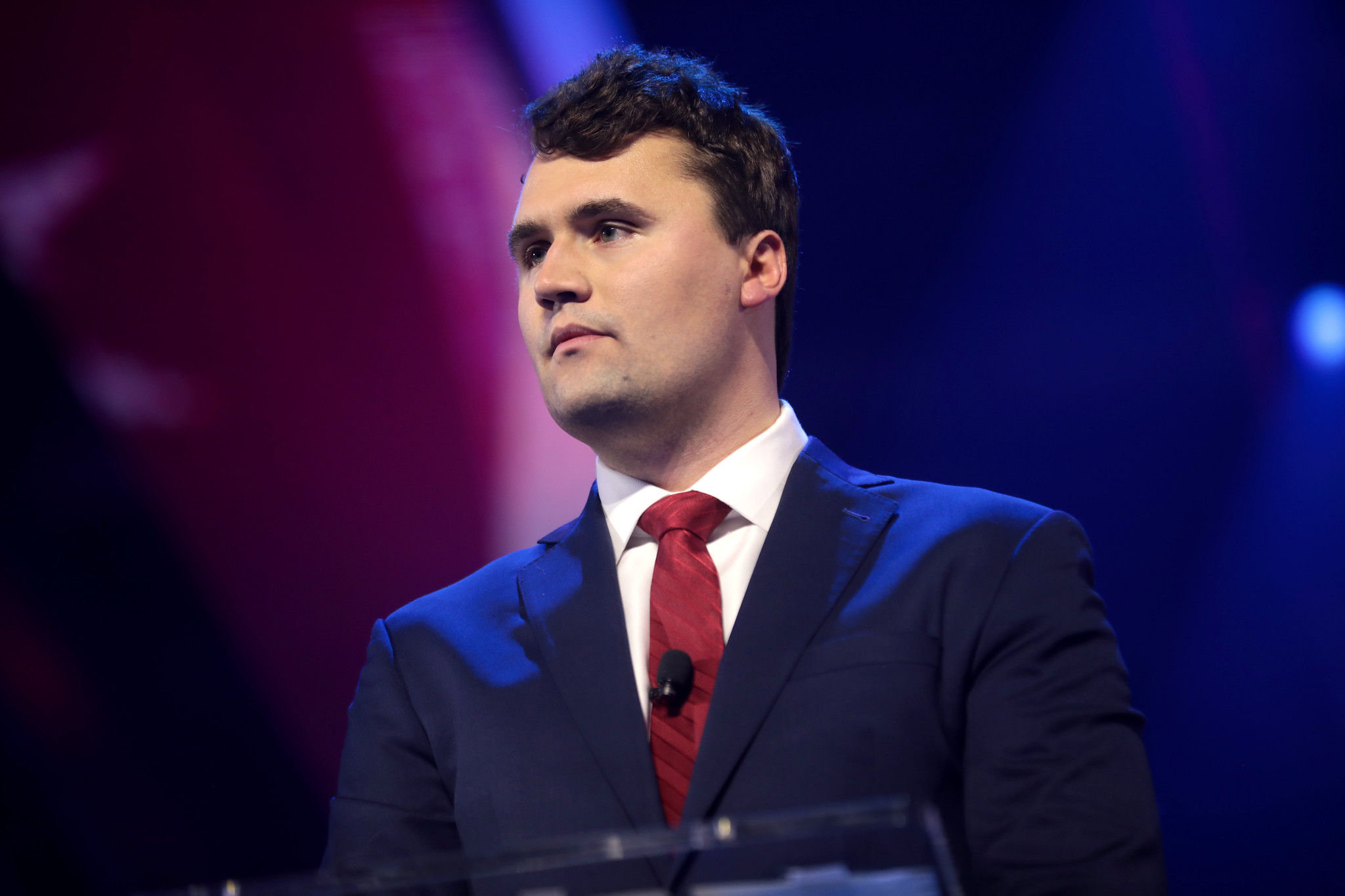The assassination of conservative commentator Charlie Kirk has sparked a heated debate over political violence and accountability in the United States. Kirk was killed on September 14, 2025, an event that has prompted strong reactions from both supporters and critics across the political spectrum.
Explainer Charlie Kirk Overview
In the wake of Kirk's death, President Donald Trump expressed his desire for national healing but criticized what he described as a radical left that does not play fair. "I’d like to see [the nation] heal. But we’re dealing with a radical left group of lunatics, and they don’t play fair, and they never did," Trump told NBC News.
Kirk's assassination has led to accusations of "bothsidesism," a term used to describe the tendency to assign blame for political violence to both the left and the right. Critics argue that this narrative undermines the severity of left-wing violence and distracts from the accountability that should be directed towards those who perpetuate it.
Many on the right have pointed to a history of violence associated with leftist groups, citing incidents such as the Black Lives Matter riots and attacks on pro-life organizations. Matt Walsh, a conservative commentator, highlighted a list of left-wing violence that he claims has been ignored, including riots, church shootings, and threats against law enforcement.
Conversely, some Democrats, including House Minority Leader Hakeem Jeffries and Senator Chuck Schumer, have called for unity and condemned violence from all sides. They argue that acknowledging violence on both sides is essential for fostering a more constructive dialogue.
In a statement, Jeffries said, "We must come together to stop violence and hatred, regardless of its source."
The debate intensified as some Republicans, including Senator James Lankford, were criticized for referencing historical acts of right-wing violence, such as the Oklahoma City bombing, in discussions about Kirk's murder. This has led to accusations from some conservatives that their own party members are failing to defend against leftist aggression.
Critics of the bothsidesism narrative argue that it allows Democrats to evade responsibility for the violence that has emerged from their ranks. They assert that this perspective diminishes the urgency of addressing the underlying issues that contribute to political violence.
Peachy Keenan, a senior contributor to The Federalist, expressed strong opposition to the idea of unity with those who she believes wish harm upon conservatives. She stated, "Unity with people who hate us and want us dead is suicide. Right now, we need unity against the forces of darkness."
As the nation grapples with the implications of Kirk's assassination, the conversation around political violence continues to evolve. Supporters of Kirk are calling for a more focused response to leftist violence, while critics advocate for a balanced approach that acknowledges the complexities of political conflict.
The ongoing discourse highlights the deep divisions within American society and the challenges of navigating political dialogue in an increasingly polarized environment.
Why it matters
- Charlie Kirk's assassination has reignited discussions on political violence, highlighting deep divisions in American society.
- The event has led to accusations of 'bothsidesism,' complicating accountability for political violence across the spectrum.
- Responses from political leaders reveal contrasting views on unity and the nature of violence, reflecting ongoing polarization.
What’s next
- Calls for a national dialogue on political violence are expected to intensify in the coming weeks.
- Legislative proposals addressing political violence may emerge as a response to Kirk's assassination.
- Investigations into the circumstances surrounding Kirk's death are ongoing, with potential implications for political discourse.

